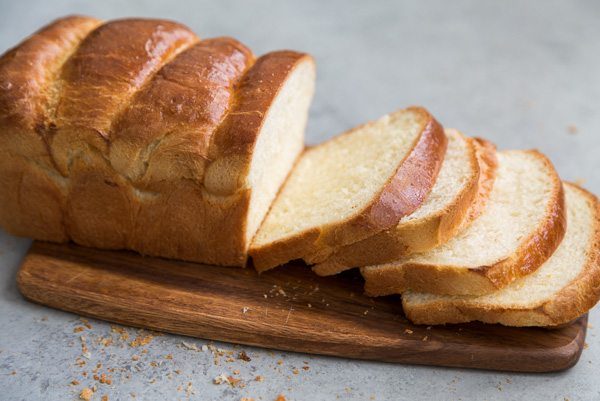As our loved ones age, making sure they eat right to stay healthy is very important. This matters even more for seniors living in dementia care places. Here, taking care of the mind and body both counts a lot.
Now, let’s talk about whole wheat bread. This wholesome food is often touted for its health benefits, but is it the right choice for seniors? Let’s explore how whole wheat bread affects their health!
Nutritional Value
Whole wheat bread packs a bunch of important nutrients that seniors really need. It’s loaded with dietary fiber, which keeps the digestive system running smoothly and helps dodge constipation—a frequent trouble for older adults.
Plus, it brings to the table essential vitamins and minerals like B vitamins (great for energy and keeping nerves healthy), iron, and magnesium. These nutrients play significant roles in staying healthy overall, helping seniors dodge deficiencies that could mess with their well-being.
Glycemic Index and Blood Sugar Control
The glycemic index (GI) shows how fast food boosts blood sugar. Whole wheat bread has a moderate GI, so it doesn’t shoot up blood sugar as high-GI foods do. This makes it a better pick for older adults, especially those with diabetes or who might get it. Keeping blood sugar stable is key to avoiding diabetes issues and keeping energy levels even all day.
Digestive Health
Whole wheat bread is packed with fiber, which does wonders for digestion and keeps hunger at bay. This helps in avoiding the trap of eating too much and supports maintaining a healthy weight. Fiber isn’t just about feeling full. It’s also key in fighting off heart disease by keeping cholesterol levels in check.
For older adults, getting enough fiber is crucial to keep their digestive system on track. It wards off uncomfortable issues like bloating, constipation, and diverticulitis. Making whole wheat bread a regular part of meals can be an easy yet powerful way to boost digestive health among seniors.
Potential Downsides
Whole wheat bread is great for health, but it’s not perfect for everyone. Some older adults might find gluten hard to digest. This can cause discomfort or even lead to serious issues like celiac disease. Also, those with certain food restrictions or allergies may have to skip whole wheat bread altogether.
Not every loaf of whole wheat bread is the same, either. Some are packed with extra sugars or preservatives that lower their health benefits. So, picking high-quality and less processed options matters a lot. It’s also crucial to think about personal health conditions and dietary needs when adding whole wheat bread to an elderly person’s meal plan.
Conclusion
To wrap it up, whole wheat bread can be a good pick for many older adults. It packs in nutrition and boosts health big time. However, everyone is different when it comes to food needs and sensitivities. So, making sure whole wheat bread fits into each person’s unique health situation is key.












